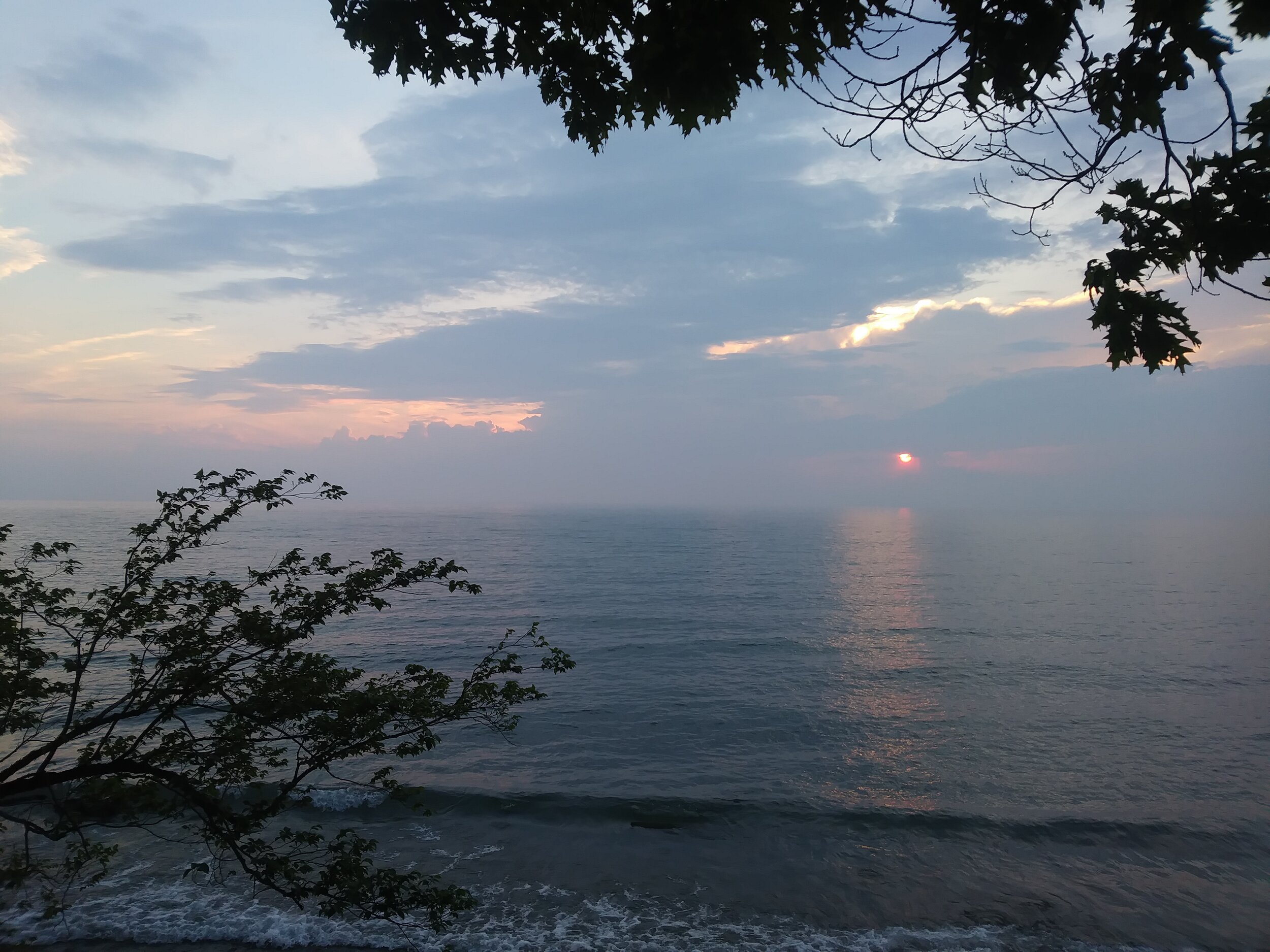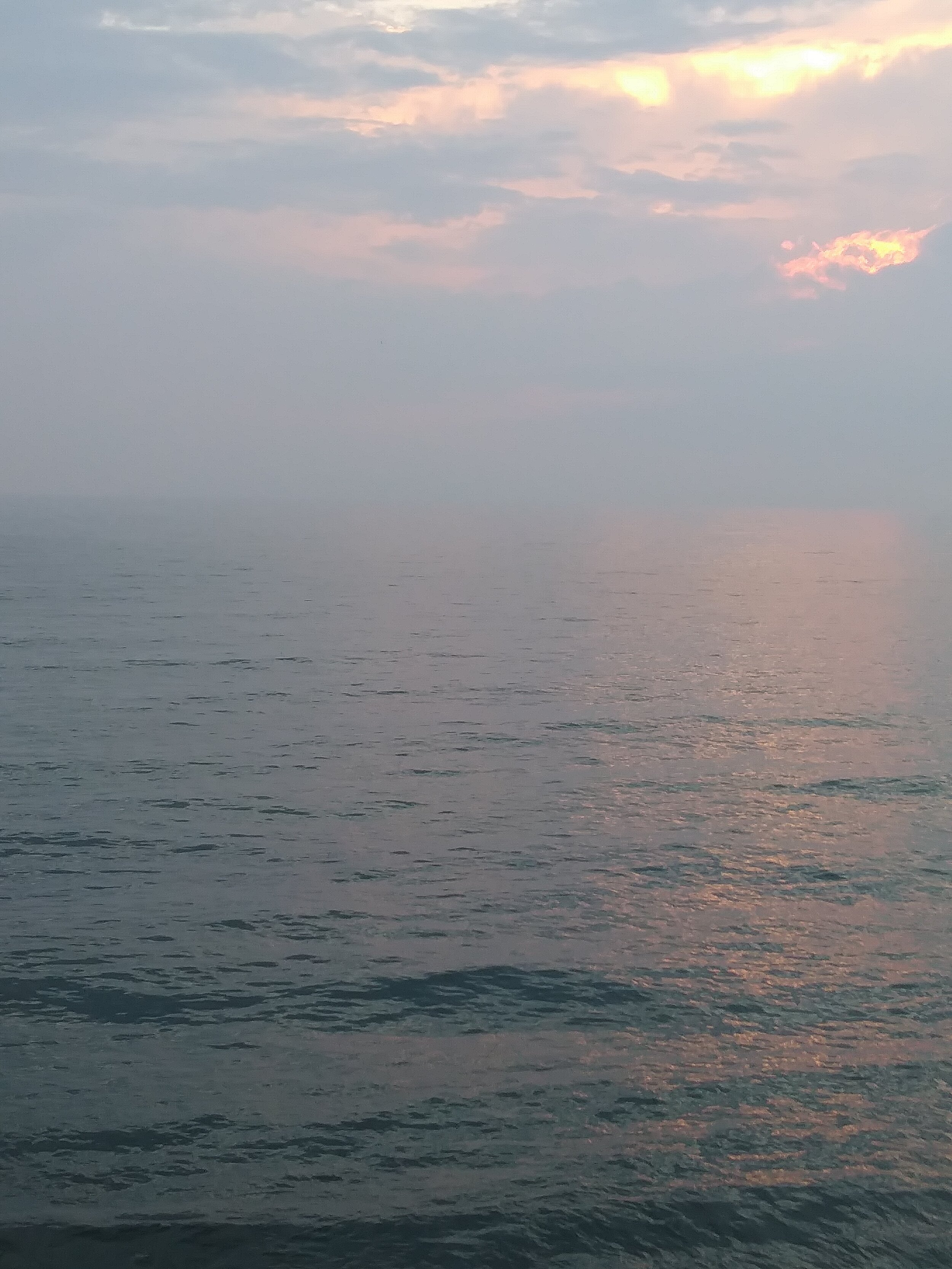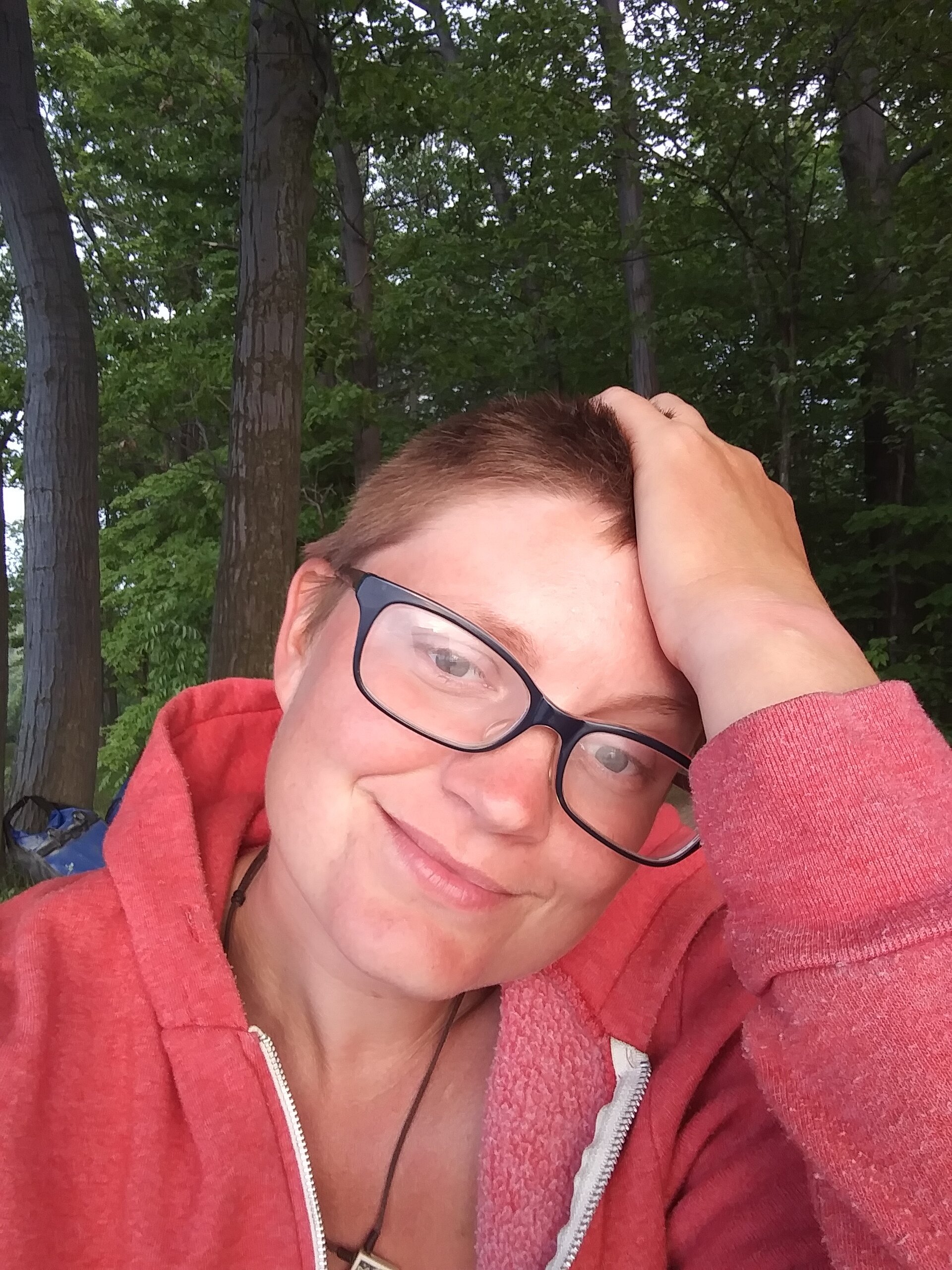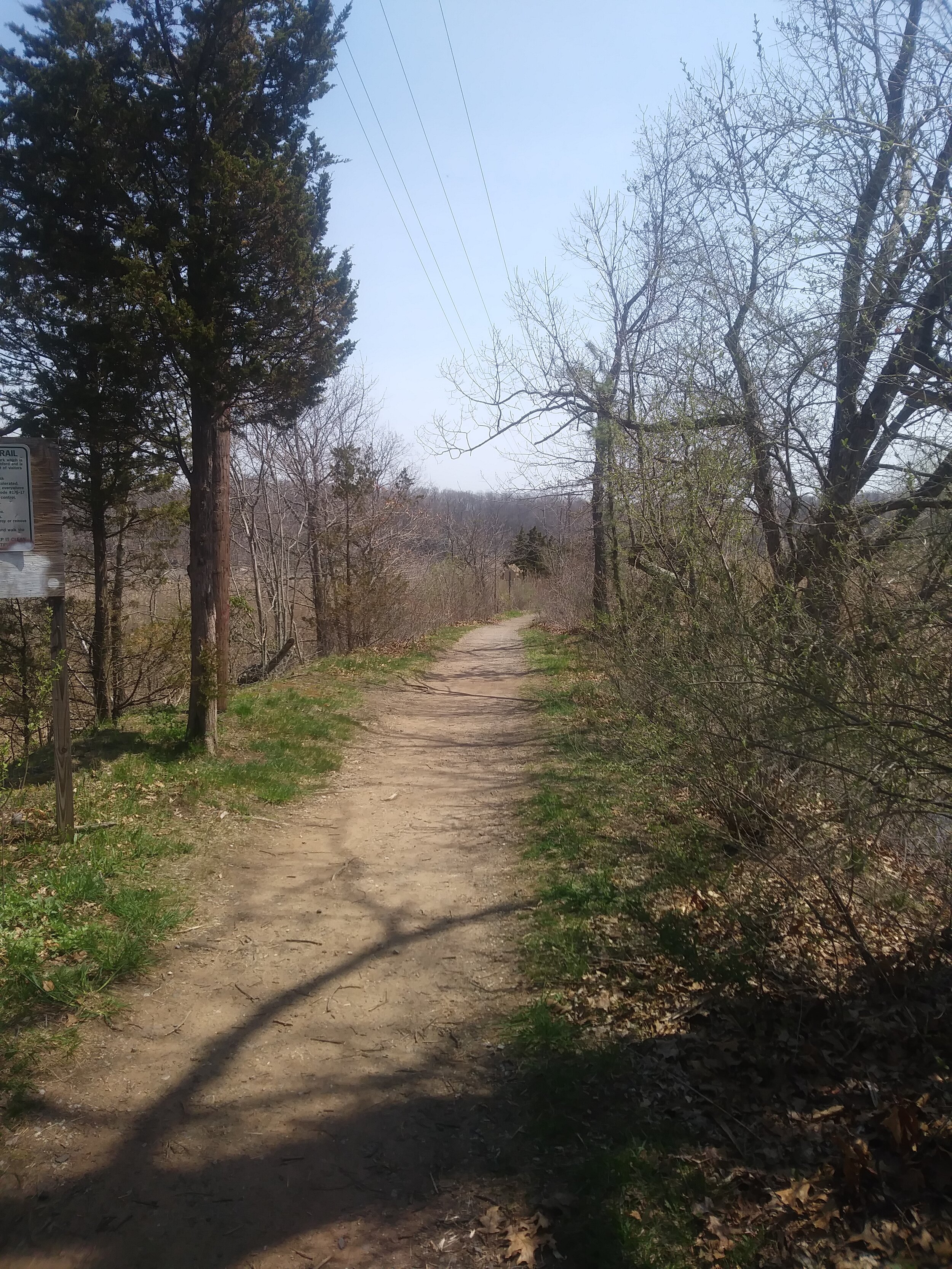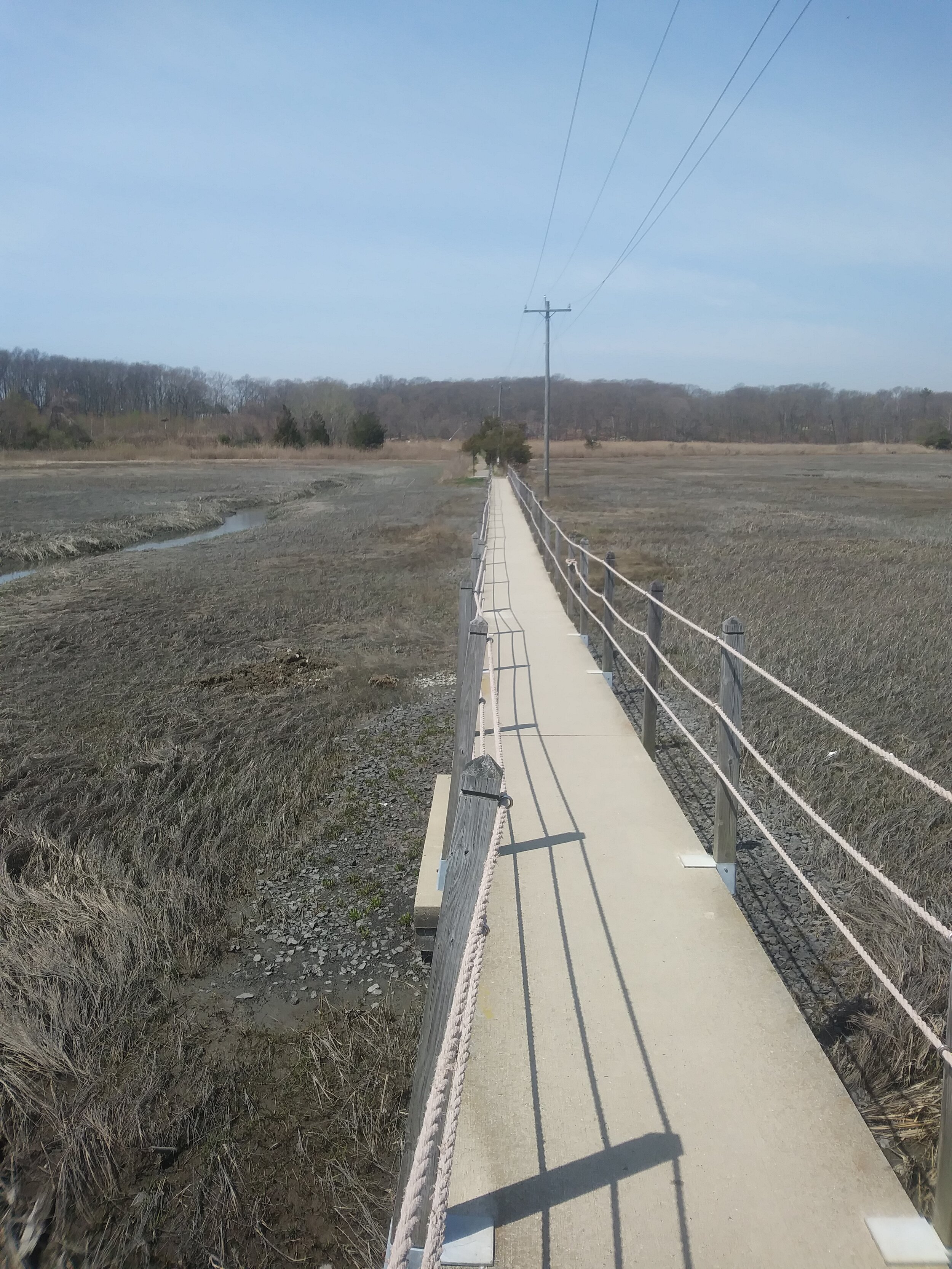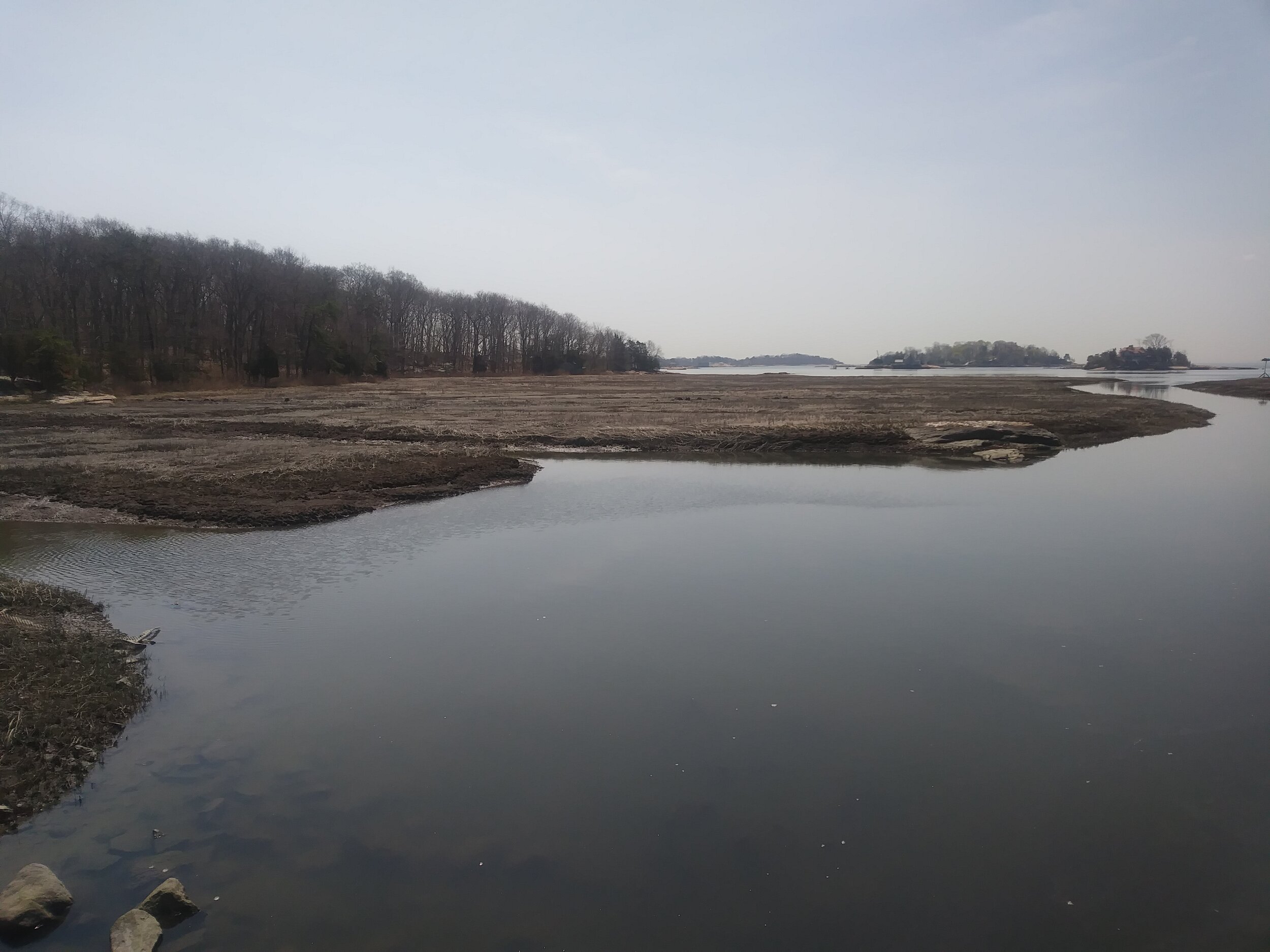When I was a kid, my mom used to wake up hours before everyone else, to sketch at the dining room table, this great round slanted hunk of wood with legs that ended in lion paws. We’d find her hunched over the table, drinking coffee (2% milk and Sweet’n’Low), with the red-and-white deer blanket draped over her shoulders, working on some minute detail in a drawing of a house. A brick, a stone in the walkway, a windowpane: The manmade elements were always painstakingly detailed, but the plants were carefree smudges.
And my dad. Boots squeaking in the snow through the frozen darkness of a pre-dawn Vermont winter morn that swallows and dulls the edges of the roaring dragon that is his truck. Harmonicas and construction plans scattered across the dashboard, dry heat spilling from dusty vents, a jug of half-frozen spring water at my feet. Coffee hot off the percolator steaming like a genie from a plastic mug; the crackle of AM radio. My father wedges himself behind the wheel and puts the truck in gear. He lights a Camel cigarette.
As a kid, I didn’t understand why my parents liked the morning. It felt awful to be awake that early, like drowning in brownie batter. But now I understand. It is a sacred time of day. Pure potential. Anything could happen. Why, it could even be the greatest day of your life.
So I leave the hostel early, and follow my front wheel back down for one last look at Niagara. There’s no sound beyond the whirring of my bike tires and the silver notes of birdsong and the continual rumble of the falls. An occasional car passes, its taillights burning red holes in the dim. I give them a soft smile of recognition, maybe a little wave. This is an exclusive club we’re in, after all. Crepuscular. “Can ya believe how early I gotta get up?”
The falls were no less majestic in the light of the sunrise, with just a few scattered tourists, early birds like me. I stood and drank them in again. “Love Letters to God” was pleasantly stuck in my head.
Love letters to god / I wonder if she reads them / or if the get lost / in the stars / the stars / in the stars
Upriver, there were signs explicitly forbidding people from entering the water. On principle, I walked past them and dipped my feet in. My humble feet, which have touched so much earth and carried me so far. I felt connected to this river, this great mother.
And biked on to Buffalo in peace.
Morning’s sacred stillness lasts until it ends, and the world begins to stir and stretch and wiggle its fingers and toes. Heading west, the sunrise is behind me, so I read it secondhand: the sky gradually lightening to violet to baby blue to pallid white and eventually back again to blue. This is when the cars appear, the cavalry, the people going to work. I don’t smile and wave at these cars. I feel self-conscious around them. I’m a child playing a game, not taking life seriously. They’re irritated that have to go to work, choking on brownie batter, so I stay out of their way. Instead, I share a smile with the new infant day.
“It happens this way,” I think. “Don’t take it personally. They don’t know how special you are. They don’t know that today could be the greatest day of their life.”
*
And the award for worst drivers in America goes to… Buffalo! Congratulations, Buffalo. Do you have a few words? Perhaps you could share the secret to your success?
“What an unexpected honor! Well you know, the secret is that our drivers have an open animosity toward cyclists. Not the outta-my-way rudeness of Baltimore, not the distracted indifference of Bostonians. We simply view bikers as a nuisance, and we use intimidation to drive them out of our city — pun intended!”
The cars were hostile, but the people were kind. I rested on a bench on the side of a river, among the folks with fishing poles sitting on lawn chairs and coolers. Two guys eyed me from a distance. They had tattoos on their faces and piercings in their noses and lips and ears. I returned their gaze, gave a little smile, and they rose and swaggered up to me… and offered me a smallmouth bass.
“Do you want this fish?”
In the early morning, the day is pure potential. But as the sun rises and dries up the dew
and bakes the hills around you, it begins to take form. Often, it’s not the greatest day of your life. You might get lost, drivers might be rude, it might be cold, your ass might hurt. Ain’t that just the worst? It’s bad enough to be in pain without the indignity of it being your ass. Of course, your shoulders also hurt. Your spine is stiff, from your sacrum to your skull.
It’s okay if you have to sit somewhere and sigh or cry or curse. Phone a friend, someone you trust enough to complain. My friend Mr. Tamani always used to say, “A problem shared is half-solved.” But I hope you can remember that every gravel driveway has a few pretty stones.
You might see a nice view, or sunlight illuminating the leaves of a tree overhead (that always gets me, every time). You might have a funny interaction with another person. Some thuggy-looking guys might offer you a smallmouth bass. Your favorite song, a satisfying cup of coffee, a tacky statue of a dinosaur, the feeling of triumph of climbing a hill, the downhill slope, spotting a heron, taking a good picture, yelling out into the nothingness because you can, successfully peeing on the side of the road without being seen. If you look for the good, you’ll find it.
Midday never lasts forever. The sun slides downward, the light deepens to gold, the sky ceases to burn, the shadows lengthen. I like to see the cars coming home from work. I hope the people driving them have something nice to look forward to. Someone they love, or a good meal. Maybe a bike ride? It makes me happy to see the people, finally free.
That night, I camped on a little bluff in a park overlooking Lake Erie. Not the stealthiest spot, but no one bothered me. There were four little kids playing in the water below, and one of them yelled up at me, "You wanna come down and feel the water??"
"Is it warm?"
"No, it's COOOOOOOOLD!"
“I’ll pass,” I laughed.
The sky was a muted sapphire, the water was wrinkled silk, the waves were rhythmic as a heartbeat. I scrunched my bare toes in the dirt, allowing a few mosquitos to bite me, because mosquitoes gotta eat too. Did you know it’s only female mosquitoes that bite? They need blood to produce eggs. Thinking about mosquitoes as fellow ladies dealing with their pain-in-the-ass reproductive systems makes me like them a lot better.
So it wasn’t the greatest day of your life.
Or hell, maybe it was.
Because it was a day in your life. And that’s all our life is, is days. And just because one happened to have a little more happiness or a little more screaming curses in it than the others doesn’t make it better or worse. You were alive.
Maybe when you die, you miss the feeling of mosquito bites, and sunburn, and thirst. I bet you remember the hard times fondly, and fonder still the relief that follows. I bet you miss the feeling of air in your lungs.
How lucky we are, to breathe.
These were my thoughts as I gazed at the sunset smooth and pink as the inside of a conch shell until the shadow of night swallowed it up. Stars like Christmas lights, stars like mica, stars like trumpets, stars like swans. There’s nothing to be afraid of here in the dark, as you crawl into your tent. You’re just on the side of the earth that’s turned away from the sun. You’re safe in the world’s great shadow. And it’s time to sleep, because tomorrow is a new day. And as your dreams wrap long fingers around your mind, a tiny star comes to light inside you, burning with the excitement that you’re only one sleep away from the next morning,
and that sacred quiet,
that seed of potential,
that today could just be
the greatest day of your life.


